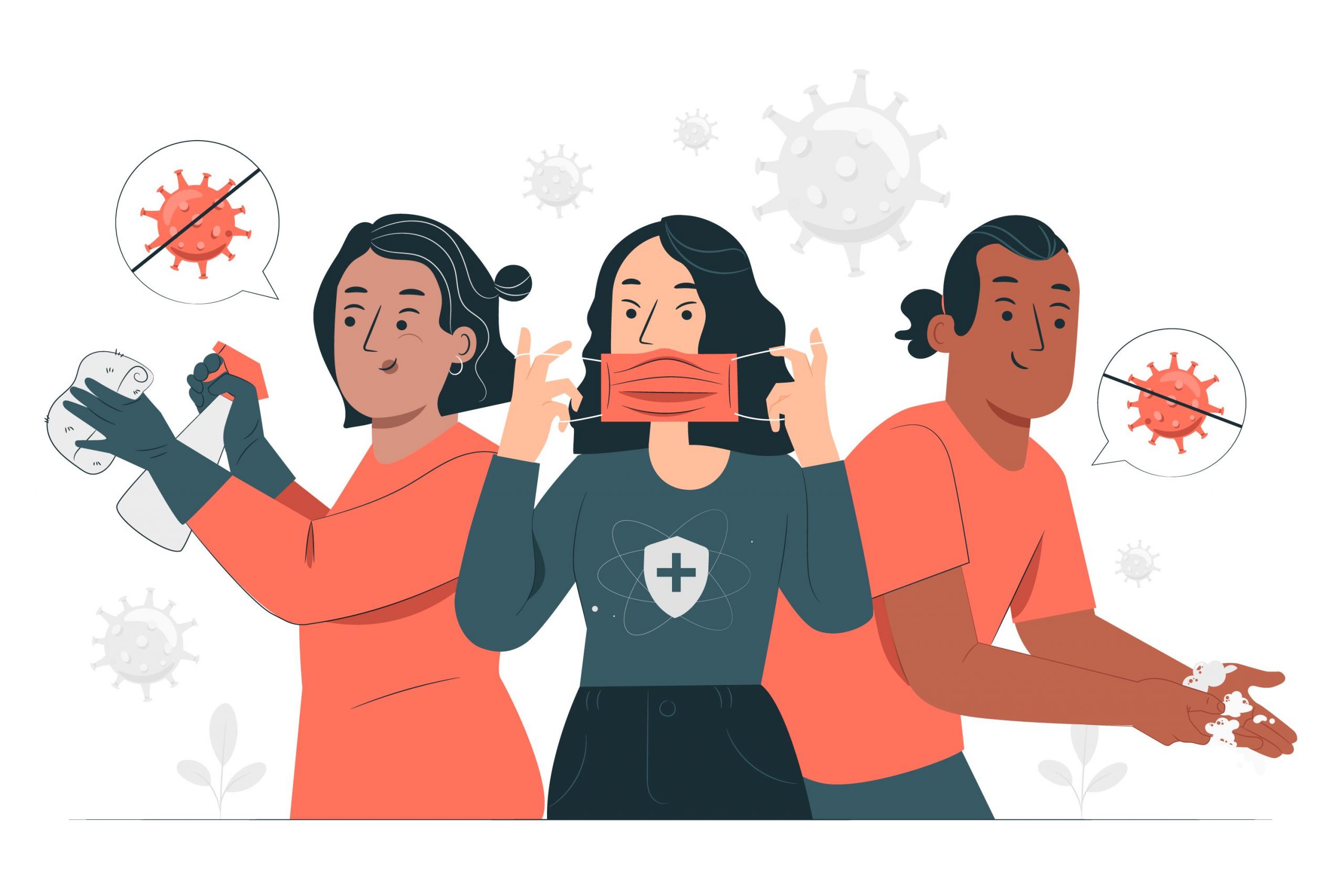

Clinicians must have a variety of medicines at their disposal to treat infections that are resistant to one or more common antimicrobials due to the ongoing emergence of novel COVID-19 variations. Now, scientists have found that a novel class of oral medications that directly affect human cells can suppress a wide variety of pathogenic SARS-CoV-2 strains.
In their recently released research, the group discovered a novel way by which the gene that encodes angiotensin-converting enzyme-2 (ACE-2) is activated. ACE-2 is the cellular receptor that SARS-CoV-2 interacts with to enter and infect the cell. They also discovered that a class of oral medications that are presently undergoing human clinical trials can inhibit this route and possibly serve as a treatment for all known SARS-CoV-2 variations as well as any SARS-like viruses that may emerge in the future. The group released the findings on Nature Genetics.
“Because of drug-resistant variants, we’re down to only one drug, Paxlovid, as far as our oral options,” says Craig Wilen, MD, Ph.D., associate professor of laboratory medicine and immunobiology, and a member of Yale Cancer Center.
“Targeting these master regulatory complexes complements existing approaches and fills a need for a new drug class that can be exploited to help combat drug resistance and infection.” Wilen and Cigall Kadoch, Ph.D., of Dana-Farber Cancer Institute, were co-senior authors of the study.
Wilen’s team at Yale used genetic screening in a prior study that was published in 2021 to discover host characteristics that are crucial for SARS-CoV-2 infection. The mammalian switch/sucrose non-fermentable (mSWI/SNF, also known as BAF) chromatin remodeling complex, a collection of more than a dozen highly conserved proteins that enable the activation of specific genes, was one of the main players.
“At that point, I’d never heard of it in the setting of virus infection, and we couldn’t understand why it was important for coronaviruses,” says Wilen. Thus, the group teamed up with experts on this complex, the Kadoch Lab at the Dana-Farber Cancer Institute and Harvard Medical School to find out how the protein complex acts to make cells susceptible to infection and if newly emerging drugs against these complexes could stunt viral infection.
The U.S. Food and Drug Administration had approved six monoclonal antibody medicines for use in emergencies when they began their collaborative research, but none of these treatments are effective against the most recent Omicron strains.
Remdesivir, which can only be delivered intravenously (IV), limiting its use, molnupiravir, an oral antiviral that functions similarly to Remdesivir but only has a 30% efficacy, and Paxlovid, an oral antiviral that inhibits the viral protease, are the only options left for clinicians. Wilen claims that the cornerstone of contemporary therapy is paxlovid.
“It’s a great drug that works well, but there has been some emerging drug resistance to it,” he says. “And currently, that is the only drug in our toolbox that we can give as an oral form.” The dwindling of effective treatments further highlights the critical need for a new class of drugs to add to the toolbox, and ideally, ones that are less susceptible to quick-acting resistance mechanisms.
The scientists found that mSWI/SNF complex disruption blocked viral entrance into human cells. They then postulated that since mSWI/SNF is known to control how genes are turned on and off, it might also be involved in activating the ACE-2 receptor. They then discovered its mechanism: mSWI/SNF binds to HNF1A, a transcription factor, and guides it to the gene that encodes ACE-2.
The disruption of mSWI/SNF complexes rendered the cell incapable of producing ACE-2 and rendered it immune to any virus that utilizes that receptor. Several coronaviruses are included in this.
Small molecule inhibitors that target mSWI/SNF have already been developed by Kadoch-founded Foghorn Therapeutics and are in phase I clinical trials as a therapeutic for several cancers. Wilen and Kadoch found that this class of drugs was effective against multiple variants of SARS-CoV-2—including a remdesivir-resistant strain isolated from a Yale patient—without any adverse effects on the cell. “This is proof of principle that this can be a really important first- or second-line tool to combat drug resistance,” says Wilen.
“Further, this speaks to the wide, multi-disease potential for pharmacologic modulation of chromatin remodeling complexes,” says Kadoch. “These molecular machines sit at the top of the pyramid in governing gene expression programs that go awry in many different human diseases—we are just at the tip of the iceberg in identifying and exploring their utility.”
Wilen believes the drugs in these clinical trials can potentially be repurposed to inhibit both current and future coronaviruses. Furthermore, Wilen and Kadoch hope the work can provide insight into why certain people and specific cell types may be more susceptible to coronavirus than others. “Future work is needed to look at the underlying biology of why some people are asymptomatic while others experience severe infection and death,” Wilen says.
COVID-19 will not be the last severe viral outbreak. Wilen’s lab studies coronaviruses circulating in wild bats, which he believes pose the highest risk of infecting humans and causing the next pandemic. Many of these viruses use ACE-2 as a receptor, which means that this new study may hold the key to slowing or stopping the next outbreak.
“We’re going to have another pandemic, whether it’s in a few years or a decade. And we’re underprepared for it,” he says. “The best way to prepare is to have as many vaccines and drugs as possible ready to go so that we can combat the outbreak early with maximum effectiveness.”
more recommended stories
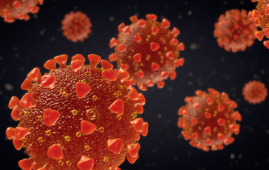 Study Reveals Cold May Impact SARS-CoV-2 Infection Rates
Study Reveals Cold May Impact SARS-CoV-2 Infection RatesThe Unexpected Protective Role of Rhinoviruses.
 Heart, Lung, & Brain Risks Persist in COVID-19 Survivors
Heart, Lung, & Brain Risks Persist in COVID-19 SurvivorsA French nationwide study reveals that.
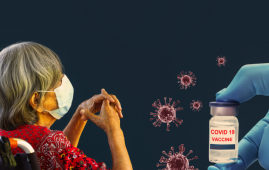 How COVID-19 and Vaccines Differ in Heart Inflammation
How COVID-19 and Vaccines Differ in Heart InflammationA team of international researchers led.
 Long COVID: Extended Paxlovid Treatment Offers Hope
Long COVID: Extended Paxlovid Treatment Offers HopeA new case series by UC.
 RSV Vaccine Response in Immunocompromised Adults
RSV Vaccine Response in Immunocompromised AdultsAccording to Johns Hopkins Medicine researchers,.
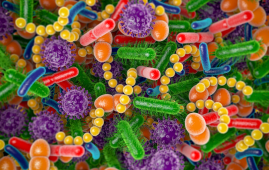 Gut Microbiome Predicts Long COVID Risk
Gut Microbiome Predicts Long COVID RiskIn a recent pre-print study published.
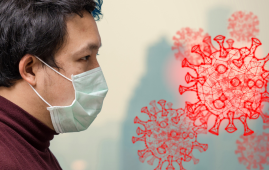 COVID-19 & Autoimmune Care Hope: Natural Proteins
COVID-19 & Autoimmune Care Hope: Natural ProteinsRecent research at Umeå University reveals.
 FasL Inhibitor Asunercept Speeds COVID-19 Recovery
FasL Inhibitor Asunercept Speeds COVID-19 RecoveryA new clinical trial demonstrates that.
 Impact of COVID-19 mRNA Vaccine on Myocardial Scarring
Impact of COVID-19 mRNA Vaccine on Myocardial ScarringA new study found a greater.
 Long-term Cognitive and Psychiatric Issues in COVID-19 Survivors
Long-term Cognitive and Psychiatric Issues in COVID-19 SurvivorsA new study published in The.

Leave a Comment